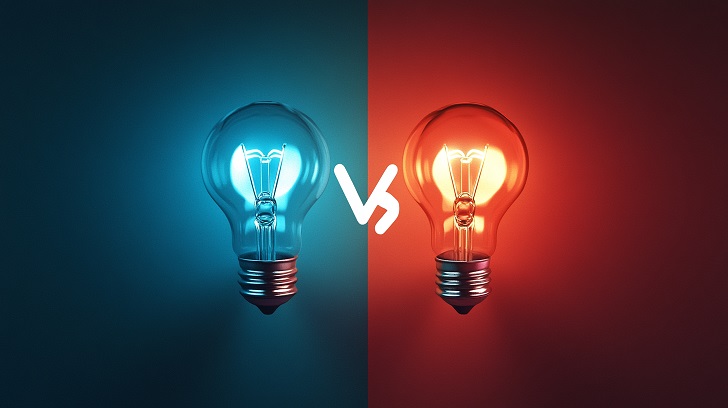In a digital landscape where agility and speed are paramount, the capacity to transform a vision into a tangible product rapidly can be the difference between success and obsolescence. For startups and entrepreneurs, this reality underscores the urgency of building a Minimum Viable Product (MVP). A report by CB Insights indicates that a staggering 42% of startups fail due to the lack of market demand, underscoring the critical importance of MVP testing early in product development. Empowering this process are no-code platforms, which have democratized the creation of digital products, enabling individuals with no technical background to swiftly bring their ideas to life.
No-code platforms have emerged as a revolutionary tool in the world of tech startups. They skip the complexity of traditional programming and provide a more accessible path to creating functional prototypes. This article surveys the top contenders in the no-code space, designed to help budding entrepreneurs and small businesses launch their MVP in record time.
Bubble
Bubble.io is a front-runner among no-code solutions, boasting unparalleled flexibility and robustness. It provides a visual programming language, allowing users to design, develop, and host web applications with minimal effort. Bubble’s intuitive drag-and-drop interface, along with a vast repository of templates and plugins, ensures that even the most novel ideas can be quickly shaped into workable models.
Statistics from Bubble reveal that it powers over half a million applications, a testament to its significant impact on the startup ecosystem. Moreover, with customizable workflows and easy integration with various third-party services, entrepreneurs can build complex functionalities without writing a single line of code.
Adalo
Adalo is a standout platform when it comes to building mobile applications. It sports a user-friendly design editor that makes app development as simple as designing a slide deck. Its component Marketplace is a treasure trove of ready-to-use features that can be effortlessly dragged into place, cutting down development time considerably.
A remarkable advantage of Adalo is its ability to publish directly to app stores. The platform also enables real-time updates, ensuring that your MVP can evolve swiftly in response to user feedback. With Adalo, the creation of a fully functional mobile app doesn’t require months of development or a hefty budget, but rather days of creativity and strategic planning.
Webflow
Webflow has redefined the borders between website design and development. It is perfect for startups looking to establish an online presence with visual flair. Unlike other platforms, Webflow offers advanced CSS and HTML capabilities without the need to code, giving designers unprecedented control over the aesthetics and user experience of their web applications.
According to a study by Forrester, the use of no-code development platforms can reduce the amount of time to market by 50–90%, and Webflow is a living evidence of this. With its CMS functionality, SEO management tools, and responsive design features, Webflow is an indomitable tool for creating beautiful, high-performing websites that can serve as MVPs.
Glide
Glide turns spreadsheets into beautiful apps in a matter of minutes. It’s an astonishingly efficient platform for those looking to validate business models or present data-driven applications. With Glide, you are just a few clicks away from converting a Google Sheet into a polished, interactive app that runs smoothly on both web and mobile devices.
The ingenuity of Glide lies in its simplicity. It bypasses the need for data schematics and backend setup, making MVP development a much less daunting task for non-technical founders. In today’s data-centric world, Glide affords a swift pathway to app creation that is both practical and cost-effective.
Zapier
While not a typical no-code platform for building apps, Zapier deserves a mention for its profound role in automating functionalities within MVPs. It connects your apps and automates workflows, saving precious time and resources for startups. Automation is the key to scale, and with Zapier’s straightforward interface, setting up complex sequences of actions requires no more than a few clicks.
Integrations are essential for MVPs as they validate the potential for a product to fit within the existing digital ecosystem. Zapier links over 3,000 web services, nurturing a seamless flow of information and enabling MVPs to offer advanced features without heavy investments in backend integrations.
In conclusion, each no-code platform presents a unique set of tools and capabilities designed to accelerate the journey from concept to MVP. By eliminating traditional development barriers, these platforms empower entrepreneurs to validate their business ideas and respond promptly to market demands. It’s worth noting that the selected platform should align with your project’s needs and growth plans, ensuring that your MVP is not just swiftly built, but also scalable and market-ready.
As the availability of no-code platforms grows, so does the opportunity for rapid innovation. In the coming years, expect to see a continual increase in the number of startups leveraging these powerful tools to realize their entrepreneurial ambitions. Now more than ever, the feasibility of bringing an idea to life is not limited by technical skill, but by imagination and determination.




